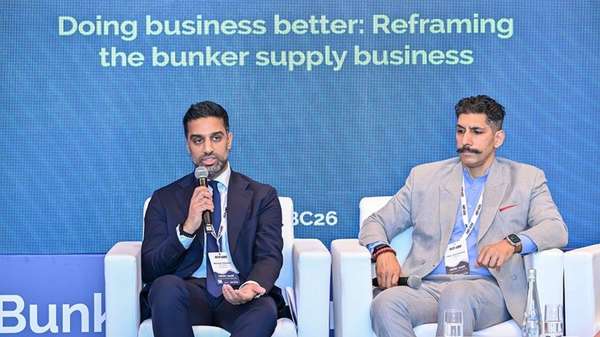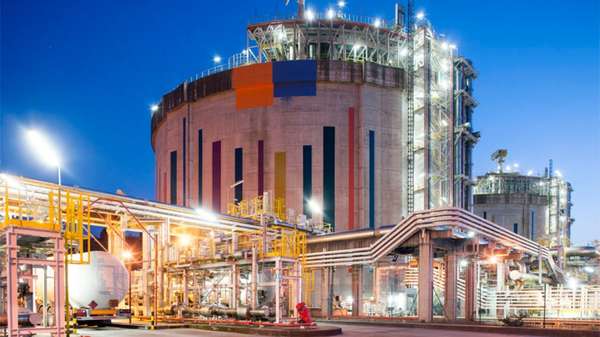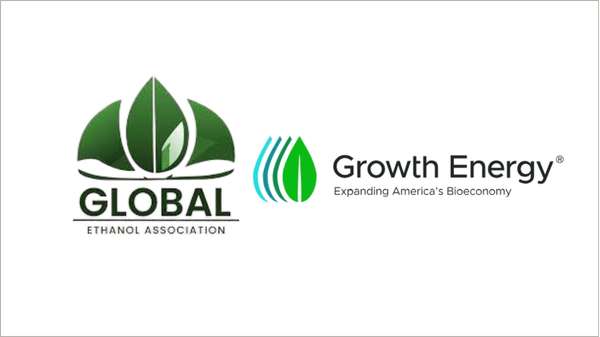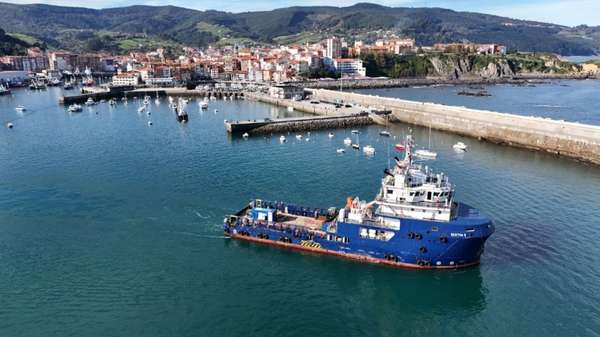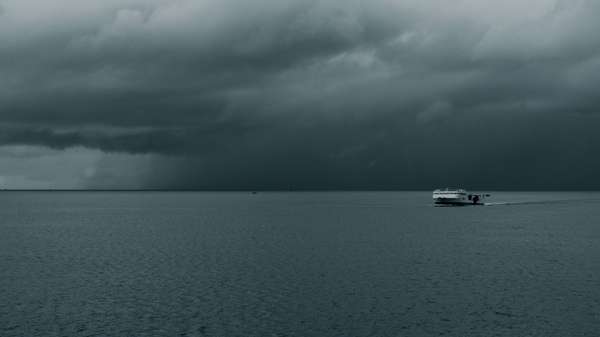The
International Maritime Organization's (IMO)
Marine Environment Protection Committee (MEPC) is meeting for its 70th session in London between 24th and 28th October.
During the meeting, a number of bunker-related issues are scheduled to be discussed, including the implementation of a global sulphur cap, the adoption of a mandatory data collection system for fuel consumption and the approval of bunker delivery note amendments.
A summary of the key issues has been provided below.
What?
Marine Environment Protection Committee (MEPC), 70th session
Chairman: Mr. Arsenio Dominguez (Panama)
When and where?
24-28 October 2016, at IMO Headquarters, 4 Albert Embankment, London SE1 7SR.
Highlights
Global sulphur cap implementation date to be considered
The MEPC agreed at its last session, in principle, to take a decision at MEPC 70 on the implementation date for the global 0.50% m/m sulphur cap for fuel oil, based on the outcome of a review which has been submitted to the session. A Steering Committee consisting of 13 Member States, one intergovernmental organisation and six international non-governmental organizations has overseen the review.
The MARPOL regulation limiting sulphur oxide emissions from ships provides for a 0.50% global cap to be implemented on 1 January 2020, but also requires a review of the availability of the required fuel oil to be carried out and concluded by 2018. Depending on the outcome of the review, the implementation date could be deferred to 1 January 2025.
Adoption of mandatory data collection system for fuel consumption
The MEPC is expected to consider with a view to adoption, mandatory MARPOL Annex VI requirements for ships to record and report their fuel consumption, which were approved at the last session.
Under the proposed draft amendments, ships of 5,000 gross tonnage and above will be required to collect consumption data for each type of fuel they use, as well as other, additional, specified data including proxies for transport work. The aggregated data will be reported to the flag State after the end of each calendar year and the flag State, having determined that the data has been reported in accordance with the requirements, will issue a Statement of Compliance to the ship. Flag States will be required to subsequently transfer this data to an IMO Ship Fuel Consumption Database. IMO would be required to produce an annual report to the MEPC, summarizing the data collected. Data would be anonymized so individual ship data would not be recognized.
Bunker delivery note amendments set for approval
The MEPC will be invited to consider, for approval with a view to future adoption, draft amendments to the MARPOL Annex VI bunker delivery note relating to the supply of marine fuel oil to ships which have fitted alternative mechanisms to address sulphur emissions requirements. The draft amendments to appendix V of MARPOL Annex VI are intended to address situations where the fuel oil supplied does not meet low sulphur requirements, but has been supplied to a ship which is using 'equivalent means' (for example, abatement technology such as scrubbers) to reduce the sulphur oxide emissions from the ship in order to comply with MARPOL requirements.
The MEPC will also be invited to approve draft Guidelines for onboard sampling for the verification of the sulphur content of fuel oil used on board. The guidelines provide an agreed method for sampling to enable effective control and enforcement of liquid fuel oil used on board ships under the provisions of MARPOL Annex VI.
Designation of the North Sea and Baltic Sea as emission control areas for nitrogen oxides (NOx)
The MEPC will be invited to consider the designation of the North Sea and the Baltic Sea as emission control areas (ECA) for nitrogen oxides (NOx) under regulation 13 of MARPOL Annex VI. All coastal State Parties having a common interest in each particular area have co-sponsored the proposal, which would see both ECAs enter into effect on 1 January 2021. Designation as a NOx ECA would require marine diesel engines to comply with the Tier III NOx emission limit when installed on ships constructed on or after 1 January 2021 and operating in the North Sea and the Baltic Sea.
Energy efficiency of international shipping
The MEPC is expected to continue to build on the solid work the Organization has undertaken to address greenhouse gas emissions from international shipping. To date, IMO is the only Organization to have adopted energy-efficiency measures that are legally binding across an entire global industry. Energy-efficiency design standards for new ships and associated operational energy-efficiency measures for existing ships became mandatory in 2013, with the entry into force of relevant amendments to MARPOL Annex VI.
Data received by the IMO Secretariat identifies that so far more than 1900 ships have been certified as complying with the new energy efficiency design standards.
The Committee will consider the report of a correspondence group on the status of technological developments relevant to implementing Phase 2 of the EEDI (Energy Efficiency Design Index) regulations. The energy-efficiency regulations require IMO to the review the status of technological developments and, if proven necessary, amend the time periods, the EEDI reference line parameters for relevant ship types and reduction rates.
Reduction of GHG emissions from ships
Following a wide-ranging discussion on future work to further address greenhouse gas emissions from ships, at MEPC 69, the Committee is expected to establish a working group at MEPC 70 for an in-depth debate on how to progress the matter.
Interpretations for SCRs under NOx Technical Code
The MEPC will be invited to approve draft unified interpretations to the NOx Technical Code 2008 related to the approval of selective catalytic reduction systems to meet NOx standards.
Adoption of other amendments to MARPOL
The MEPC is expected to consider with a view to adoption:
- Amendments to MARPOL Annex I to update Form B of the Supplement to the International Oil Pollution Prevention Certificate, in relation to segregated ballast tanks;
- Amendments to MARPOL Annex V related to products which are hazardous to the marine environment (HME) substances and Form of Garbage Record Book. The draft amendments provide criteria for the classification of solid bulk cargoes as harmful to the marine environment and are aimed at ensuring that such substances are declared by the shipper if they are classed as harmful and are not discharged.
Designation of a Particularly Sensitive Sea Area (PSSA) in Papua New Guinea
The MEPC will be invited to consider the designation of the region surrounding Jomard Entrance, part of the Louisiade Archipelago at the south eastern extent of Milne Bay Province, Papua New Guinea, as a Particularly Sensitive Sea Area (PSSA). The proposal includes established routeing systems (four two-way routes and a precautionary area) which were adopted in 2014 and entered into force on 1 June 2015.
Draft oil pollution manuals for approval
The revised section II of the Manual on Oil Pollution - Contingency Planning; and the draft Guide on oil spill response in ice and snow conditions will be submitted to MEPC 70 for approval.
Meeting information
Who?
All 171 IMO Member States and three Associate Members may attend as well as all Parties to MARPOL. Intergovernmental organizations and international non-governmental organizations are also invited.
Hours:
Morning, 09.30-12.30 (break: 11:00-11:30); afternoon, 14.30-17:30 (break 16:00-16:30)
Approval:
Amendments are expected to be adopted on Friday.
Final report and working group reports are expected to be approved on Friday.

